Analysis of the number of Cao Caos troops in Hanzhong and the causes of his defeat. How many troops did Cao Cao have?
In ancient Chinese history, the Battle of Hanzhong was a significant and far-reaching campaign. In this battle, Cao Cao and Liu Bei engaged in fierce competition. Now, let's delve into the question: how many troops did Cao Cao have in Hanzhong, and why did he lose to Liu Bei?
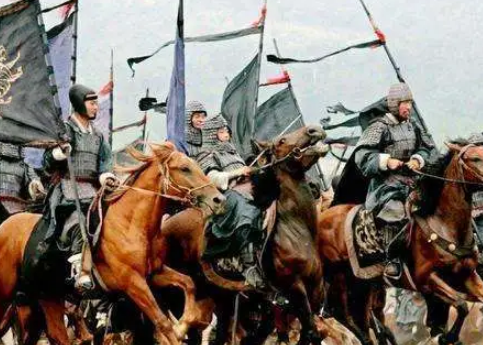
Firstly, let's analyze the number of troops Cao Cao had in Hanzhong. According to historical records, during the Battle of Hanzhong, Cao Cao directly commanded an army of approximately 100,000 troops. However, this figure does not fully reflect Cao Cao's military strength in Hanzhong. Besides the directly commanded troops, Cao Cao could also mobilize troops from other vassal states for support. Therefore, in the Battle of Hanzhong, the actual military force under Cao Cao's control might have far exceeded 100,000 troops.
Next, let's explore why Cao Cao lost to Liu Bei. In the Battle of Hanzhong, despite having a vast army, Cao Cao made some strategic and tactical mistakes. Firstly, Cao Cao underestimated Liu Bei, failing to fully recognize his strength. He viewed Liu Bei as a mere grassroots hero, unable to contend with him. However, in actual combat, Liu Bei displayed remarkable military prowess, catching Cao Cao off guard.
Secondly, Cao Cao also made some tactical errors. In the Battle of Hanzhong, Cao Cao adopted a strategy of dividing his troops to defend multiple points, aiming to prevent Liu Bei's attacks. However, this strategy did not achieve the desired effect. On the contrary, it weakened Cao Cao's advantage in troop strength, allowing Liu Bei to concentrate his forces for a breakthrough. Ultimately, in the battle at Dingjun Mountain, Liu Bei successfully defeated the main force of Cao Cao's army, securing victory in the Battle of Hanzhong.
In summary, in the Battle of Hanzhong, though Cao Cao possessed a vast army, he ultimately lost to Liu Bei due to strategic and tactical errors. This war teaches us that the outcome of a war does not solely depend on the number of troops; rather, it hinges more on the commander's strategic vision and tactical application. In future historical studies and research, we should pay more attention to the wisdom and abilities of historical figures to better understand the truth of history. At the same time, we should also learn from history, contributing our wisdom and strength to the development of our country and society.
Disclaimer: The above content is sourced from the internet and the copyright belongs to the original author. If there is any infringement of your original copyright, please inform us and we will delete the relevant content as soon as possible.
Guess you like it
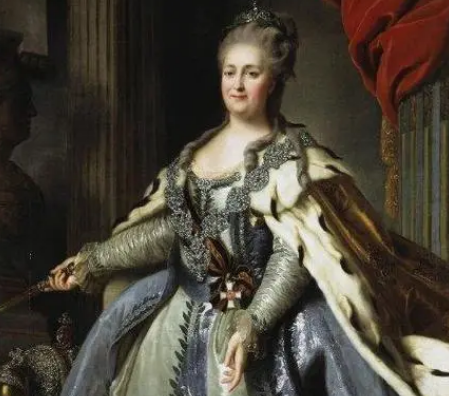
From Prussian Princess to Empress of Russia - The Legendary Life of Catherine the Great
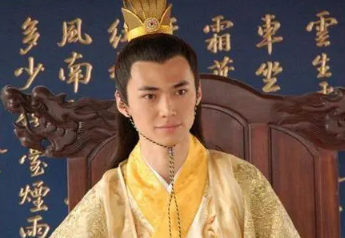
The mystery of Zhu Yunwens succession: Why was he not favored by the court and the people?
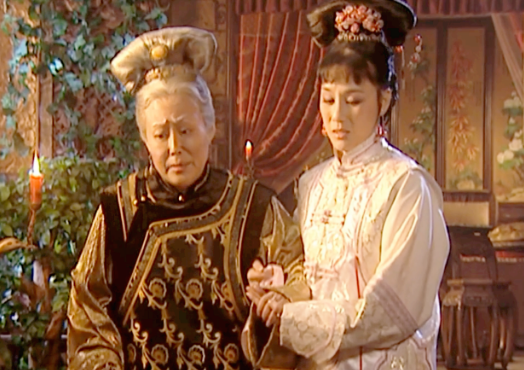
The Interpretation of the Historical Entanglement between Empress Xiaozhuang and Princess Rongfei
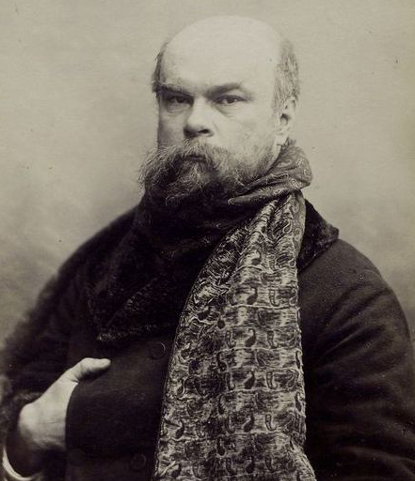
The Emotional World Full of Poetry - Paul Verlaines Moonlight Song
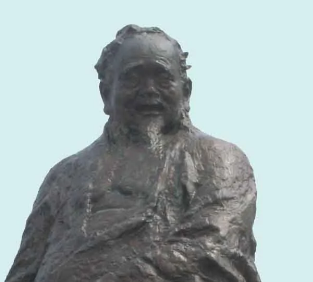
Was Liang Kai a painter of the Southern Song Dynasty or the Northern Song Dynasty? What period did Liang Kai actually live in?
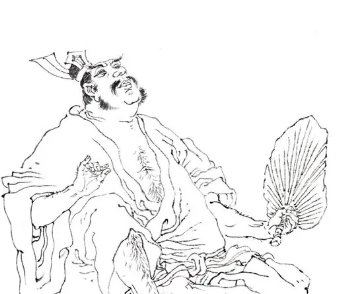
How do you pronounce "Liang Kai"? What is the correct pronunciation of "Liang Kai"?
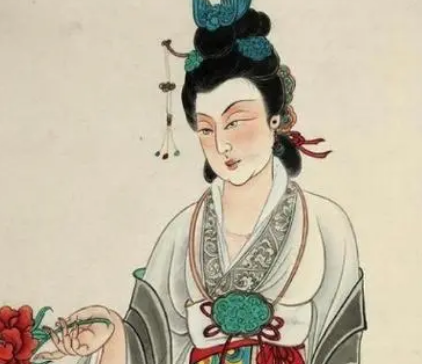
What is the introduction, life history, and characteristics of the ancient Lady Huirui?
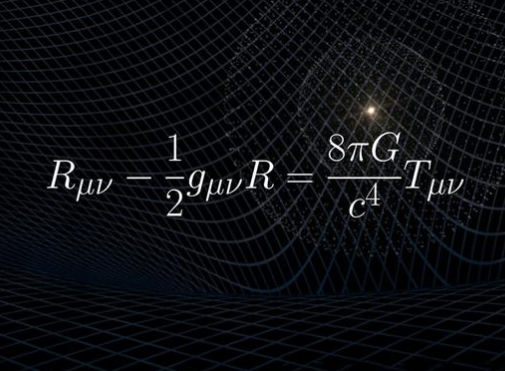
Concise Explanation of General Relativity
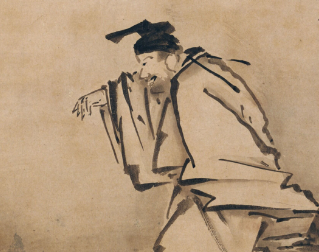
What dynasty did Liang Kai belong to? What were his achievements?
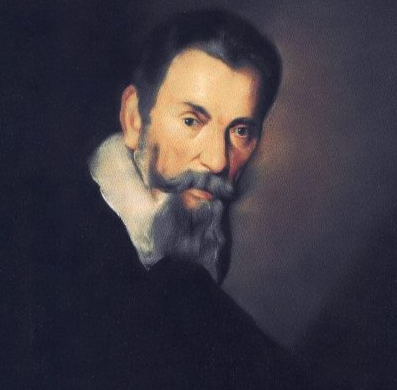
Exploring the creative features of Claudio Monteverdi, the pioneer of music drama









